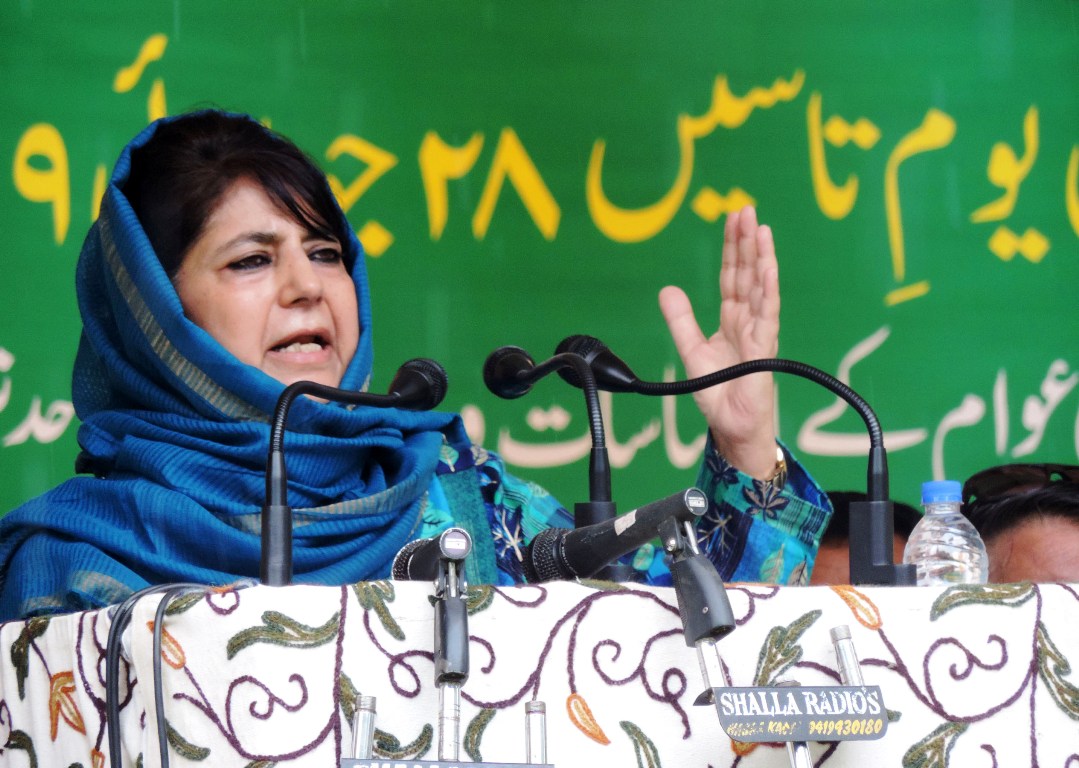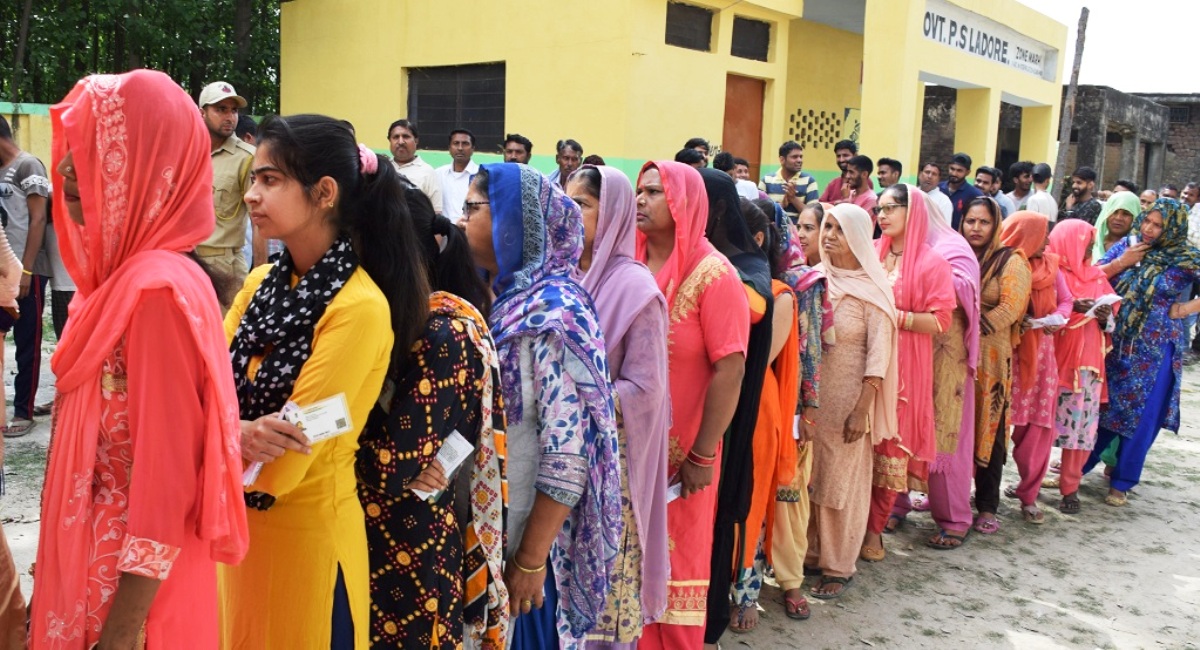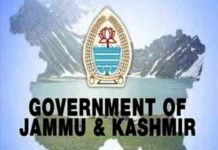KL Report
JAMMU
The Prime Minister, Dr Manmohan Singh Monday inaugurated the 101st Indian Science Congress in Jammu.
Prime Minister while addressing the conference said, “I am delighted to be part of the very first Indian Science Congress session to be held in the State of Jammu & Kashmir. I thank the General President of the Indian Science Congress Association, Professor Sobti, for his initiative to bring this premier congregation of scientists for the first time to the state of Jammu & Kashmir.”
“Although not a scientist myself, I have always been deeply aware of the importance of science and its role in the development of our nation. I belong to a generation which drew its inspiration from the life and work of Jawaharlal Nehru, our first Prime Minister, who asked at the dawn of independence,” PM said adding “Who indeed could afford to ignore science today? At every turn, we have to seek its aid … The future belongs to science.”
PM said that this is the tenth time that he has had the privilege to address the inaugural address at the Indian Science Congress. “I do believe that, over these ten years, science has grown in strength in our country,” he said.
“Our ability to contribute to the world of science depends crucially on the quality and the strength of our educational system. Science education in our country requires much more attention. In the next few years, we will have the largest young population entering higher education. We must find, therefore, ways and means of encouraging them to take up the right path that will provide them not only productive employment but also excitement in their profession. We need to ensure that the best among our young people take up science as a career and to do this we must ensure that it is attractive enough for them to do so,” Pm said.
“I am also happy to say that there is evidence of rejuvenation of research in Indian universities. Global surveys this year have put Punjab University at the top of Indian institutions of higher learning. Government departments like Space, Atomic Energy and the Council of Scientific and Industrial Research have taken important steps forward to establish academies and build backward linkages with our universities in the last ten years, thus enabling cross-fertilization of ideas,” the PM said.
“A few years ago, at the Science Congress in Visakhapatnam, I announced a new scheme to attract talent into science studies and research. This scheme, known as INSPIRE, has today emerged as one of our Government’s most highly acclaimed and recognized programmes. It has rewarded more than one million children and generated over 400 patent-grade innovations from our young Indians,” he said.
PM said that in the last ten years, several national missions have been launched in the emerging priority areas of electronics, electric mobility and solar energy. The Council of Scientific and Industrial Research has leveraged Open Source Innovation for discovery of drugs and found a lead for TB. CSIR has also ventured into the new world of data-intensive discovery and large data systems.
He further said that The Sixth Pay Commission has improved substantially the conditions of our academic and scientific personnel. International surveys have shown that India now scores well in terms of salary structures for scientific personnel. Our gross expenditure per full time R&D personnel is increasingly comparable in purchasing power parity terms to some of the most developed R&D systems of the world.
“We have also devised several ways of supporting young scientists as well as senior scientists in the last ten years. The J.C. Bose and Ramanujan Fellowships, and other similar initiatives, are intended to ensure that science is attractive as a profession, and capable individuals get adequate support for their research work,” PM said.
“I recognise and we all recognise that the Government must also focus on creating new opportunities for our bright and socially conscious scientists,’ PM said adding “To ensure food security and to improve land and water productivity, we have to launch a national drive for an ever-green revolution.”
He further said, “I also expect our quest for affordable healthcare to be bolstered by indigenous research on biomedical engineering and other medical devices.”
PM announced that India will partner the international scientific community in the establishment of some of the world’s major R&D projects.
“India needs to leverage the ability of modern science to deliver value to society. We must also seek global leadership in at least some research and development areas. Affordable innovations for human healthcare, sustainable agriculture, clean energy and total solutions for water-related challenges are some areas where Indian science can seek global leadership,” he said.
Prime minister said that this year, his Government has selected Professor CNR Rao for the highest civilian award of Bharat Ratna.















